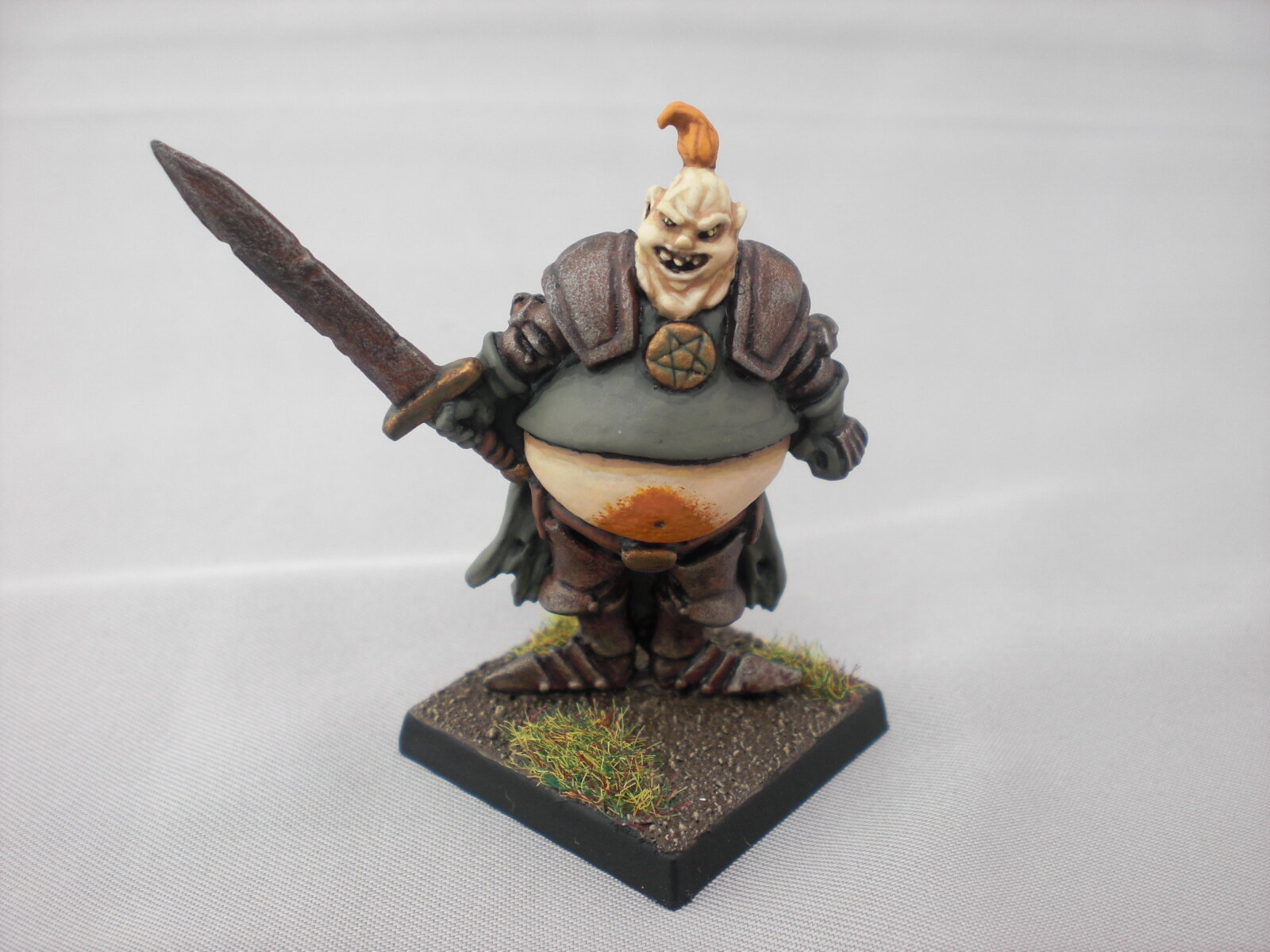Three Practical House Rules

A few months ago I posted 10 House Rules from a Fed Up GM, an article that remains popular despite my best efforts. Well, I've had plenty of time to cool off, replenish myself, and return to running games at my local FLGS instead of at whichever convention would have me. In so doing, I've dusted off some old, practical house rules that have served me well since my introduction to tabletop gaming in the early 90s. With that in mind, please enjoy these practical house rules.
- Character creation should take no longer than 20% of the total time allotted for the first session of a campaign. This one can be tricky to manage, as many rules sets have clunky, chunky, bulky, and hulky character creation systems. But I feel it really hurts a campaign if no one can actually play in the first session because 4 hours have been spent building characters. You can mitigate this by having players make characters ahead of time, or giving your players character creation cheat sheets to speed the process.
- Not enough dice? Multiply! Every now and then your dragon hits with its breath weapon and you need to inflict 10d8 fire damage. I've got a huge dice collection. I've got at least ten d20s, fifty-three d10s, a fistfull of d4s, and more d6s than I have time to count. I've got three d8s! Rather than rolling one d8 ten times and slowing down the game by writing down and adding up each result, or completely screwing the math up in my head, when the rules call for a large pool of identical dice, I save time by rolling one die and multiplying the result by the number of dice required. True, this does replace the bell curve of standard dice pool results with a linear progression of results, and the results are a bit chunky, it saves a tremendous amount of time. Additionally, it adds more of a sence of risk as extreem high and low end results become more likely.
- Call for a bathroom break every two hours. Even if you don't need it, someone at the table will. it'll give you time to plan ahead and organize, it'll give your players time to strategize or actually go to the bathroom, replenish snacks & drinks (hopefully in a sanitary order), and preserve the momentum of the game as it cuts down on the likelihood of someone departing the table mid-scene for reasons biological.